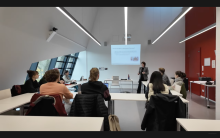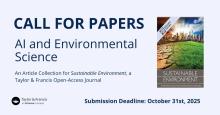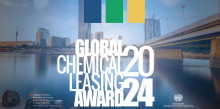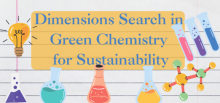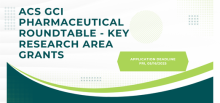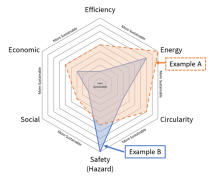Green Chemistry
Use Dimensions Search for free with Membership!
Type of Announcement
Keywords
ACS GCI Pharmaceutical Roundtable - Key Research Area Grants
Type of Announcement
Keywords
2025 Career Achievement in Green Chemistry Education Award Winner: Andrew P. Dicks
Type of Announcement
Keywords
ACS GCI Pharmaceutical Roundtable - Key Research Area Grants
These grants are open to applicants from any country.
The ACS GCI Pharmaceutical Roundtable identifies key research areas representing the pharmaceutical industry’s perspective on where advances in understanding would be most likely to yield more sustainable chemistries and processes of interest to pharma and allied industries. From these areas, the GCIPR selects a handful each year for Key Research Area Grants—currently a $80,000 award for a 12-month research commitment. Grant winners work closely with the GCIPR focus team that proposed the grant topic.
Pagination
- Page 1
- Next page
